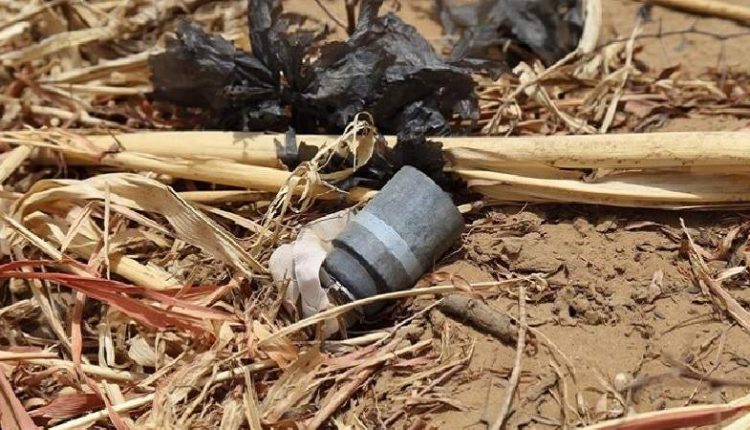US-Saudi Cluster Bombs Silent Killer Of Yemeni Children, Women
American, British and French cluster bombs are stalking the lives of thousands of Yemeni children.
In this context, official statistics indicate that this type of internaionally prohibtated bomb has killed and injured 3,810 civilians during the past years of the war, including women and children.
According to the statistics, the number of people killed by cluster bombs dropped by Saudi and Emirati warplanes near residential neighborhoods in the capital, Sana’a, and the governorates of Hajjah, Hodiedah, Al Jawf, Amran, Al Baidha and Marib, reached 1,019 civilians, including more than 115 children and 39 women, while the number of wounded reached 2,822 civilians, including 241 children and 76 women.
The Executive Center records on a daily basis the casualties, due to the large contamination of cluster bombs, and the failure to provide the requirements for marking areas contaminated with cluster bombs, and the remnants of war.
The US-Saudi aggression continues to target neighborhoods and populated areas and destroy the infrastructure of the country, in light of a suspicious international silence.
Saudi Arabia, backed by the United States and regional allies, launched the war on Yemen in March 2015, with the claim of bringing the government of former Yemeni president Abd Rabbuh Mansour Hadi back to power.
The war has left hundreds of thousands of Yemenis dead, and displaced millions more. It has also destroyed Yemen’s infrastructure and spread famine and infectious diseases there.

